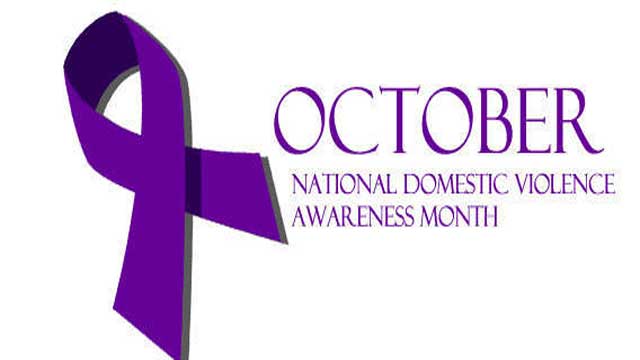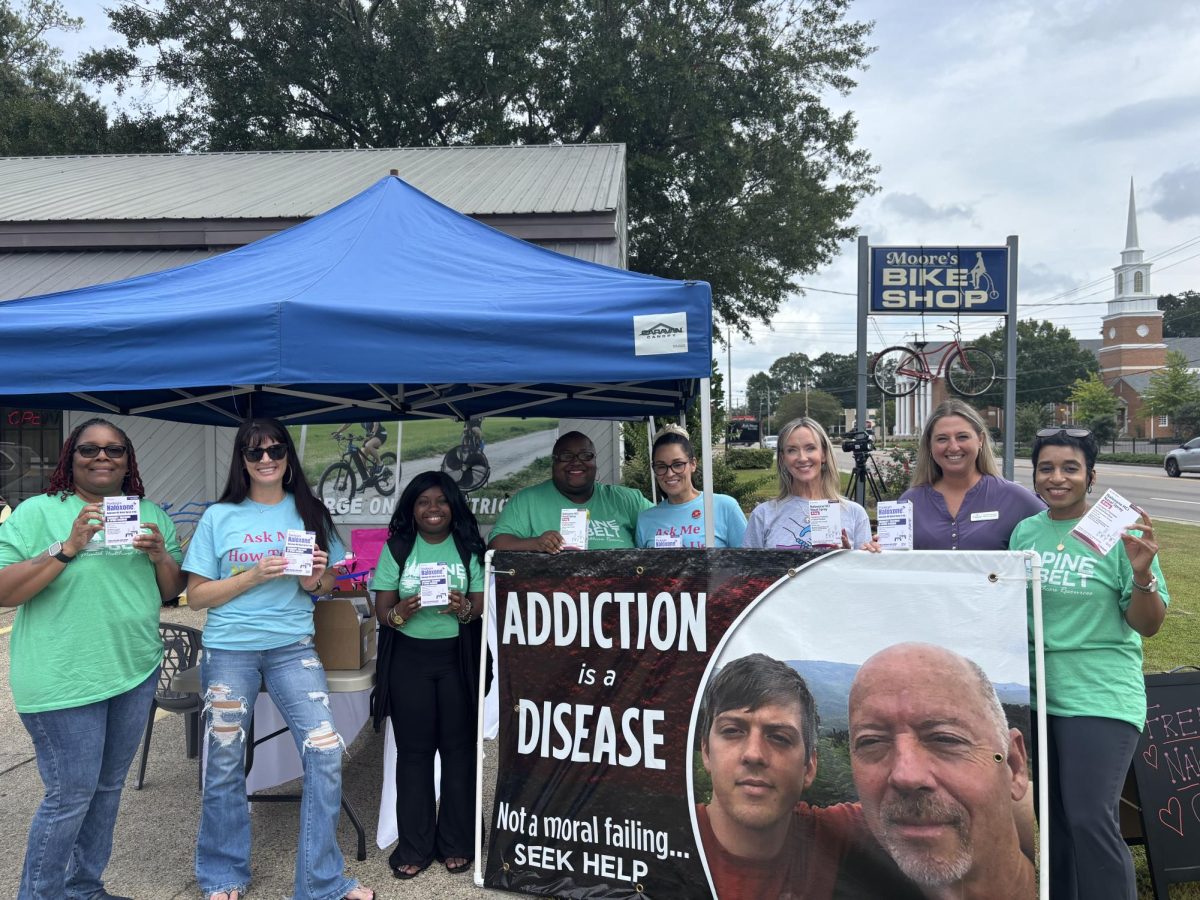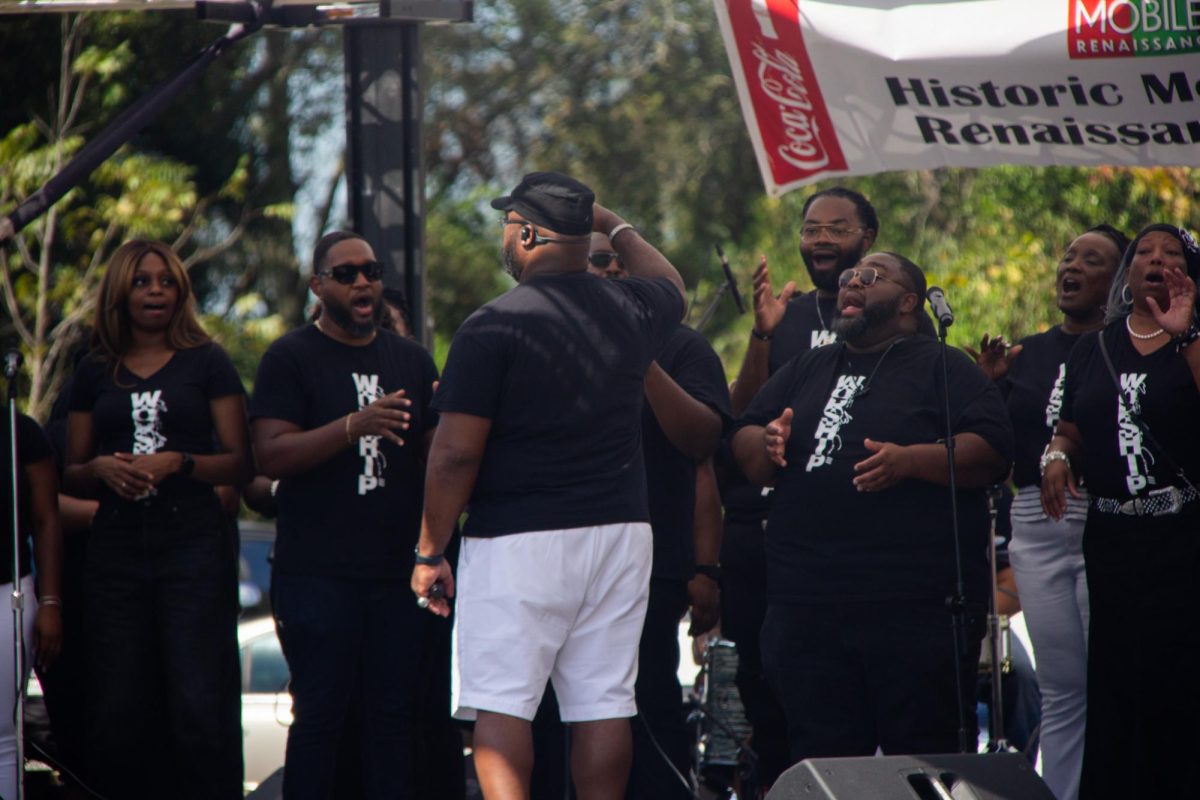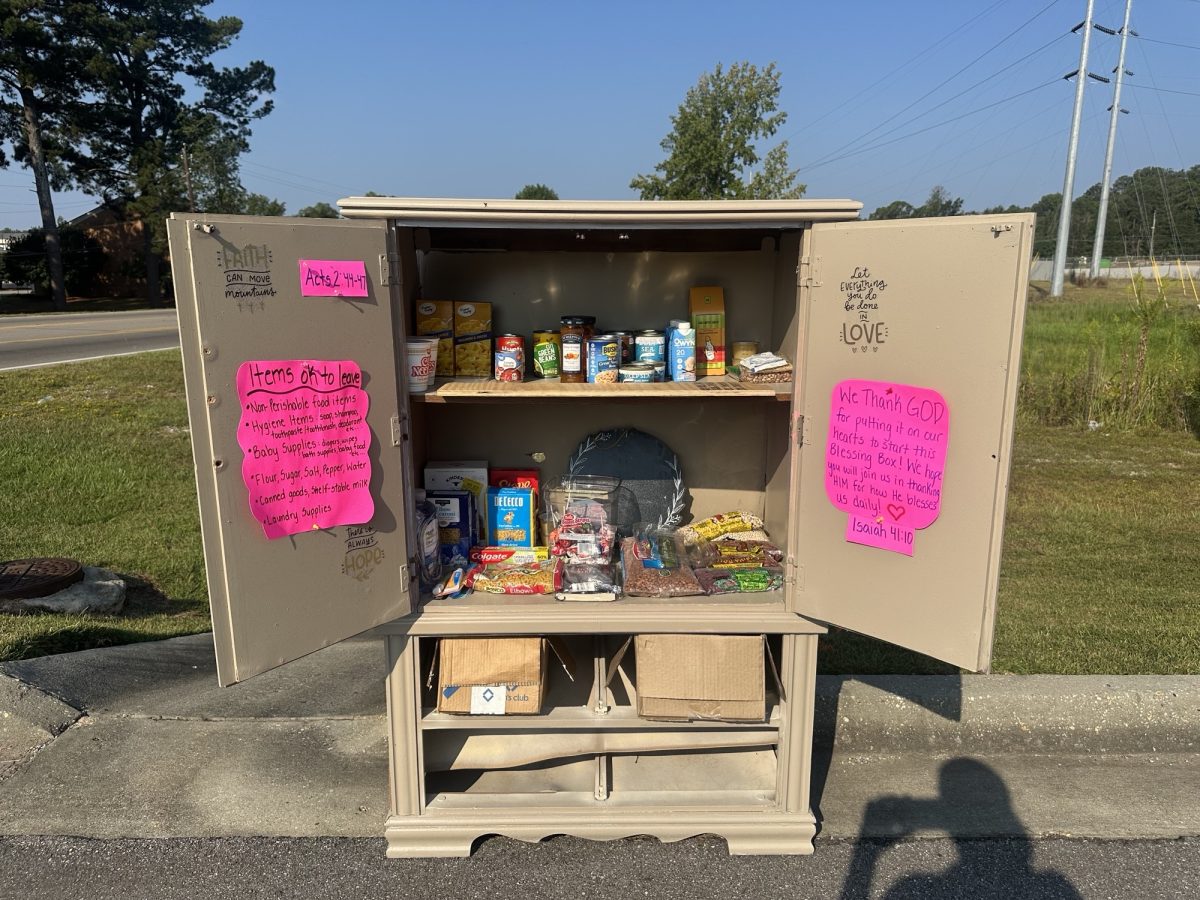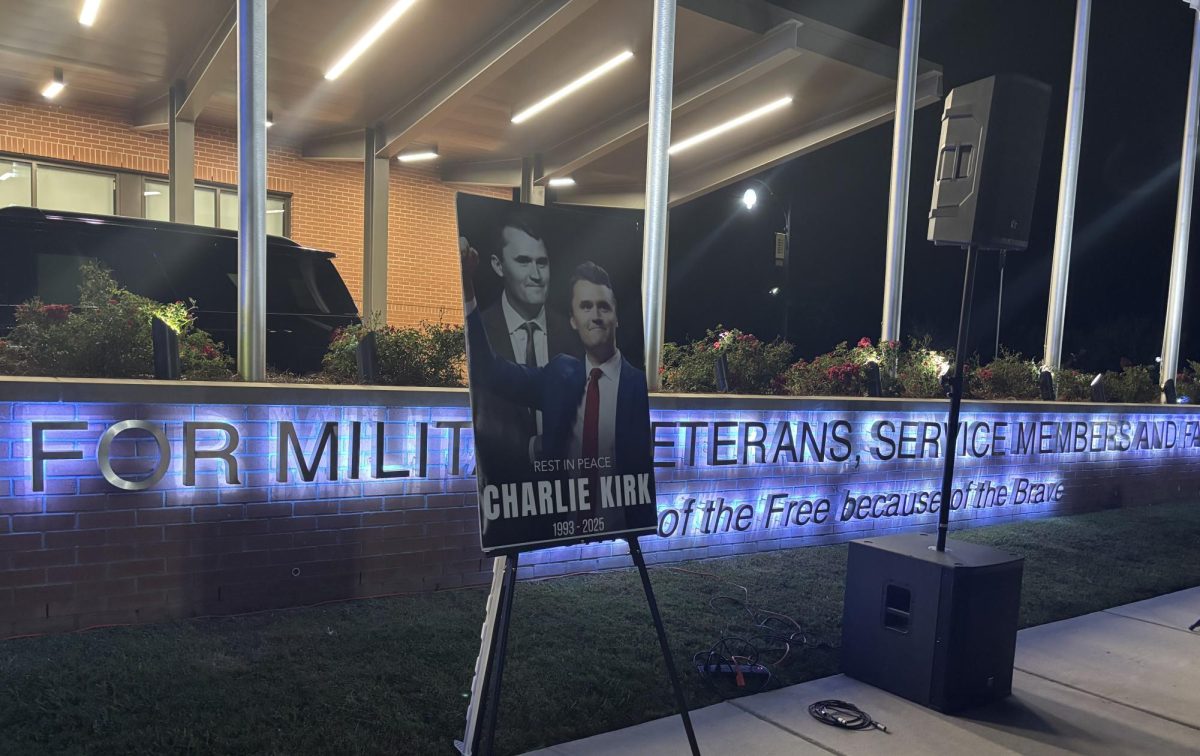The people of Hattiesburg are raising awareness for victims and survivors of domestic violence in October for Domestic Violence Awareness Month.
On Tuesday, Oct. 3, Mayor Toby Barker announced Hattiesburg’s continued support of the month. There will be a candlelight ceremony Tuesday, Oct. 10 at 6 p.m. and a self- defense class sponsored by the Victim’s Service Unit of the Hattiesburg Police Department on Thursday, Oct. 19 at the Jackie Dole Community Center.
Domestic violence is defined as “a pattern of abusive behaviors— including physical, sexual and psychological attacks as well as economic coercion—used by one intimate partner against another (adult or adolescent) to gain, maintain or regain power and control in the relationship,” according to the Domestic Violence Awareness Project. According to the National Coalition Against Domestic Violence (NCADV), it affects persons of every community “regardless of age, economic status, sexual orientation, gender, race, religion, or nationality” and can result in chronic injuries, both physical and psychological, or even death.
Domestic violence is commonly viewed as physical abuse, but the NCADV says it also includes “name-calling, threats, possessiveness or distrust,” all of which the abuser may apologize for and say he or she is doing them “out of love or care.” The NCADV also says that “emotional and psychological abuse can often be just as extreme as physical violence,” yet victims in these cases are less likely to see it as abuse.
According to the National Domestic Violence Hotline, an average of 24 people in the United States are raped, stalked or physically abused every minute by their intimate partner. The Hotline also says that in their lifetimes, almost half of U.S. men (48.8 percent) and women (48.4 percent) have experienced psychological abuse by an intimate partner, and about 10.7 percent of women and 2.1 percent of men have been stalked by an intimate partner during their lifetime, with stalking including unwanted calls, voice or text messages.
Adolescents also experience domestic abuse. The Hotline says that 30 to 60 percent of those who abuse their intimate partner also abuse the partner’s children, and that children exposed to violence in their homes were “15 times more likely to be physically and/ or sexually assaulted than the national average.”
College students experience an enormous amount of abuse compared to other groups. The Hotline says that one in three college women have been in an abusive dating relationship, 52 percent of college women know a friend who has experienced abuse, and 69 percent of women and 53 percent of men who have experienced abuse experienced it before the age of 25. However, most college students do not always recognize it, and if they do, they do not know what to do about it. Fifty-eight percent do not know how to help a victim, 38 percent do not know how to get help for themselves and 57 percent find it difficult to identify dating abuse.
“I feel like it’s a good thing that Hattiesburg is holding a [candlelight] vigil and that the police department is having self- defense classes to help women and men protect themselves,” said sophomore Erin Masson. “I know for myself that I would go to a self-defense class because it would help me feel safer. I feel like the city is doing the right thing… because the victims’ voices are still important and by doing [the vigil and defense classes], it’s showing the rest of the world that we don’t tolerate domestic violence from anyone.”
The month’s official color is purple, which, according to DomesticShelters.org, exemplifies hope for survivors and dedication to ending violence. Rose M. Garrity, the board president of the NCADV, said that the color dates back to the Women’s Suffrage Movement, where the National Women’s Party used purple, white and gold to display purity, hope and loyalty, and that the color purple was already associated with royalty and women, making it a logical fit to the movement.
Victims of domestic violence can call the National Domestic Violence Hotline for confidential help at 1-800-799-7233 (SAFE) or 1-800-787-3224 (TTY).

























